Palestinian hunger striker’s vital organs failing in Israeli jail: Report
The vital organs of Palestinian prisoner Khalil Awawdeh have been badly damaged, about five months into his open-ended hunger strike in protest against his administrative detention by Israel.
Local media reported on Thursday that Awawdeh, 40, was transferred to an Israeli medical center in Tel Aviv, following a deterioration in his health.
Khalil Awawdeh's vital organs are failing; he is no longer aware of where he is: the int'l community has failed him — but we haven't #FreeKhalil pic.twitter.com/hqfZjNnsxD
— Sarah Wilkinson (@swilkinsonbc) August 12, 2022
His lawyers and family members said he experienced sudden and severe cognitive decline and is at risk of death at any moment, Samidoun Palestine Prisoner Solidarity Network reported on Thursday.
Ahlam Haddad, a lawyer of his, says her client prepared a message for her that reads, “I went on strike for freedom, and I have sacrificed a lot for the dearest and strongest need, freedom…My abstinence from food is not a rejection of life, but rather a rejection of chains.” According to the lawyer, the detainee cannot even utter the name of his four daughters.
Despite the deterioration of Awawdeh’s health, an Israeli court responsible for the case is not scheduled to reconvene and hear the medical evidence until Sunday.
Meanwhile, Awawdeh’s wife slammed the negligence of the Israeli court, noting that "the prisoner's health condition is intolerable."
Speaking with Al Mayadeen on Thursday, Dalal Awawdeh said the family has been barred from visiting Khalil for about eight months. She said "the prisoner is now unable to speak or move."
The long hunger strike has led to Awawdeh's significant weight loss as he is "less than 35 kilograms" now, said his wife, adding that he has almost lost his faculty of vision.
Earlier, the head of the Palestinian Prisoners' Club Qadura Fares had said Awawdeh "could die at any moment."
Awawdeh was arrested on December 27, 2021, under administrative detention. He went on hunger strike for 111 days before suspending it following promises. After the promises turned out to be false, he resumed the strike, demanding his freedom.
Israel issued an order to renew Awawdeh’s administrative detention for a period of four months from June 26 to October 25 despite his highly critical health condition.
According to reports, the freedom of Awawdeh was one of the clauses of the Egyptian-mediated ceasefire between the Palestinian Islamic Jihad resistance movement and Israel to end the latest episode of the regime’s brutality against Gaza, which killed nearly 50 Palestinians, including 17 children.
The head of the political department in the Islamic Jihad, Muhammad Al-Hindi, said on August 7 that "a formula for the Egyptian declaration of the truce agreement has been reached, and it includes Egypt's commitment to work for the release of the two prisoners, Khalil Awawdeh and Bassam Al-Saadi."
There are thousands of Palestinians held arbitrarily in Israeli jails. Human rights organizations say the regime violates all the rights and freedoms granted to prisoners under the Geneva Conventions.
Palestinians and human rights groups say administrative detention violates the right to due process since evidence is withheld from prisoners while they are held for lengthy periods without being charged, tried, or convicted.
Palestinian detainees have continuously resorted to open-ended hunger strikes in an attempt to express outrage at the detentions. Israeli jail authorities keep Palestinian prisoners under deplorable conditions lacking proper hygienic standards. Palestinian inmates have also been subject to systematic torture, harassment, and repression.

Israel launches drone strikes on several sites in southern Syria
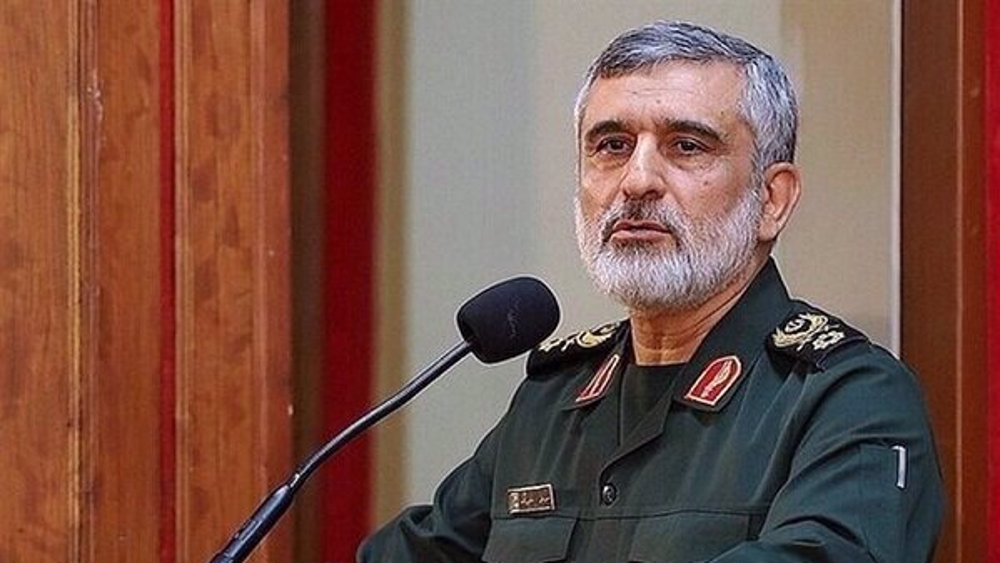
IRGC commander: Third operation against Israel will be carried out
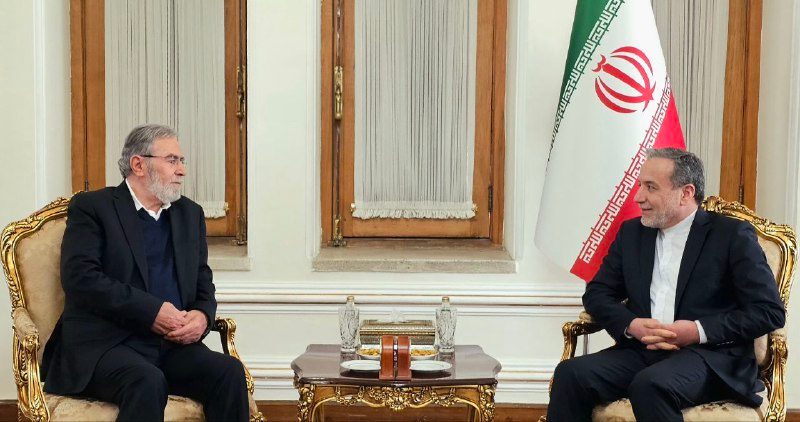
Israel achieved none of its war objectives in Gaza: Iran FM
US special envoy in Kiev amid war of words between Trump, Zelensky
Hamas says ready to free all Israeli captives at once in phase two of truce
Israel kills one, injures two in southern Lebanon: Media
‘Colonial powers’ have no right to determine fate of Palestine: Qalibaf
Explainer: Why are MK-84 2,000-lb bombs approved by Trump for Israel so deadly?
President Pezeshkian: Iran, Qatar opening new avenues for cooperation
VIDEO | Displaced return home despite destruction
IRGC unveils new homegrown smart missiles, drones drill


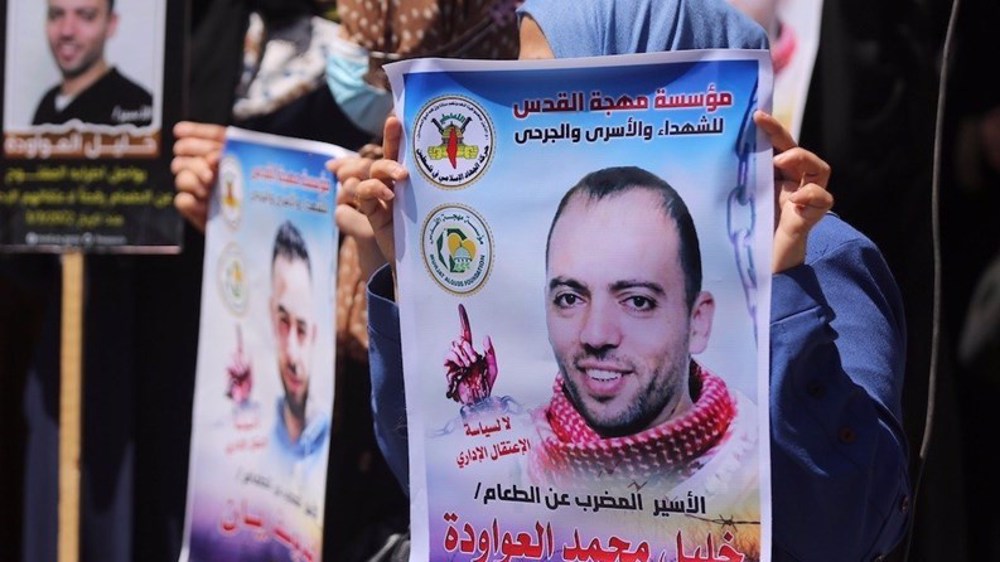
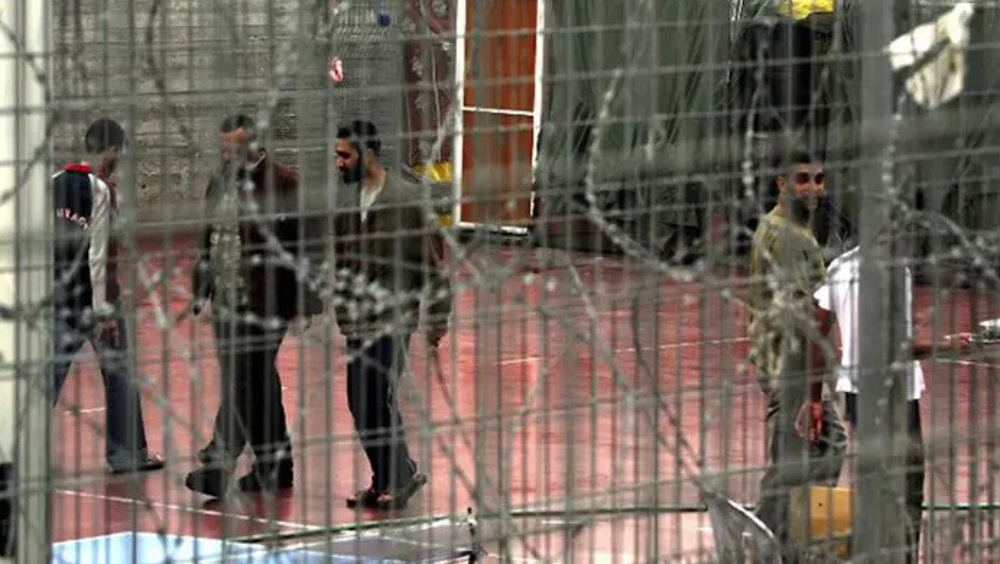




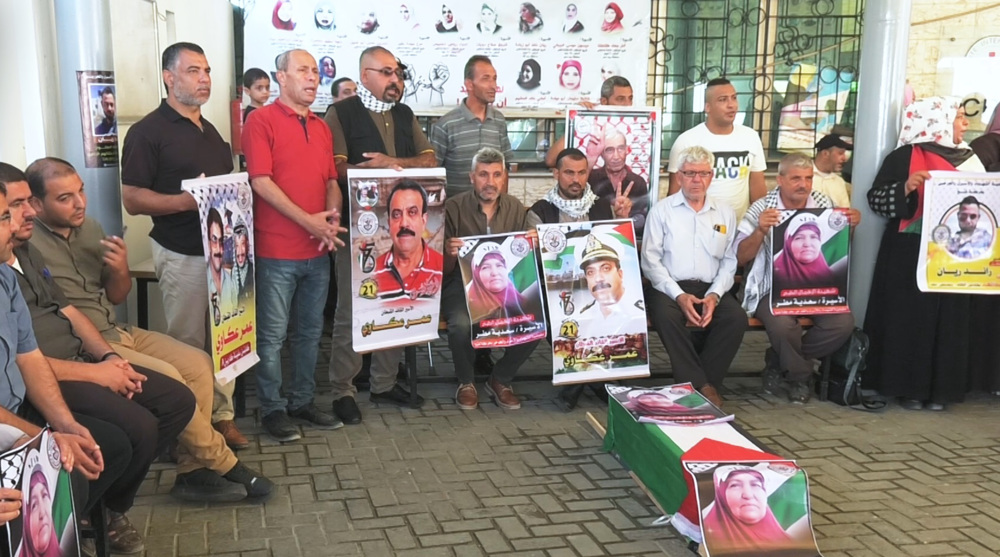
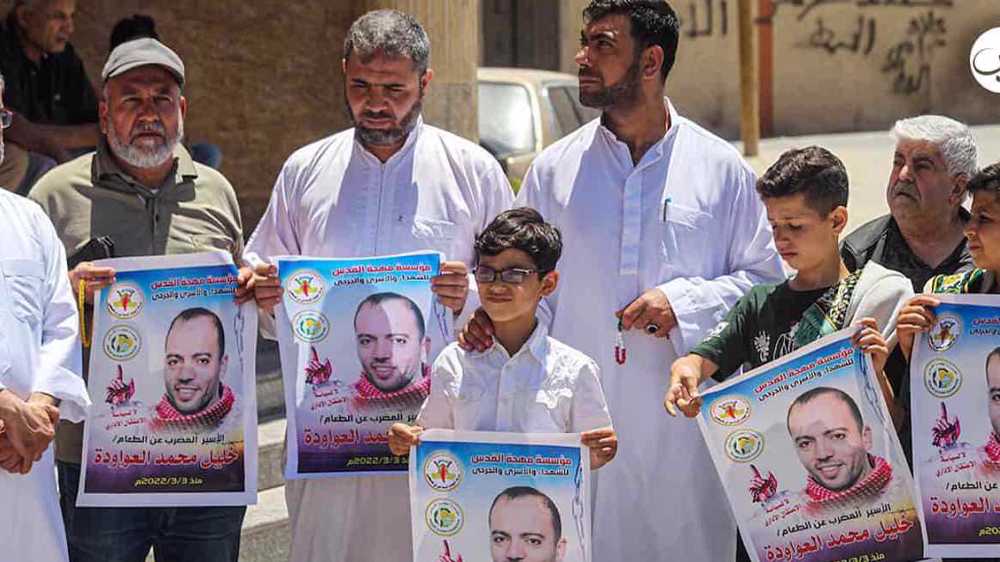
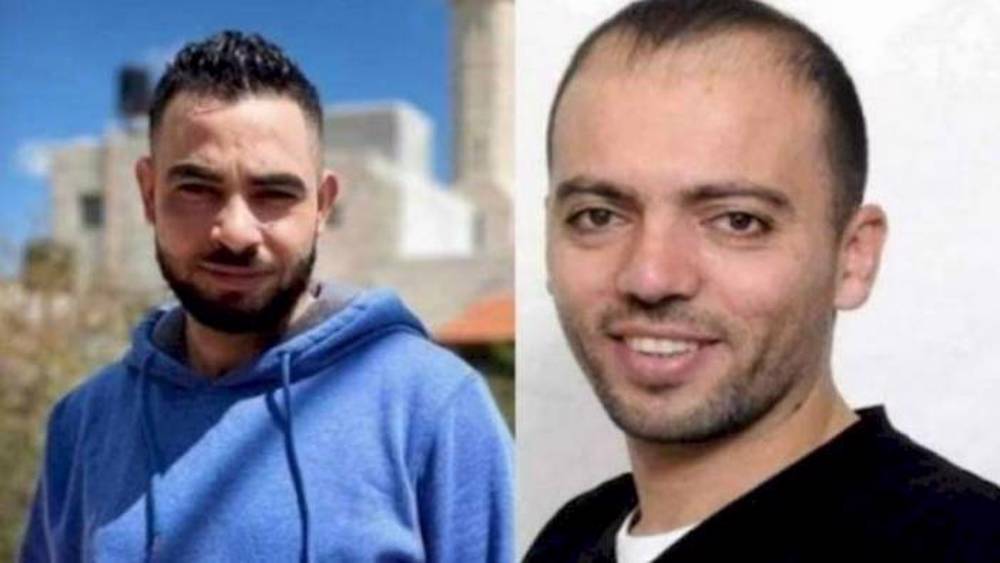
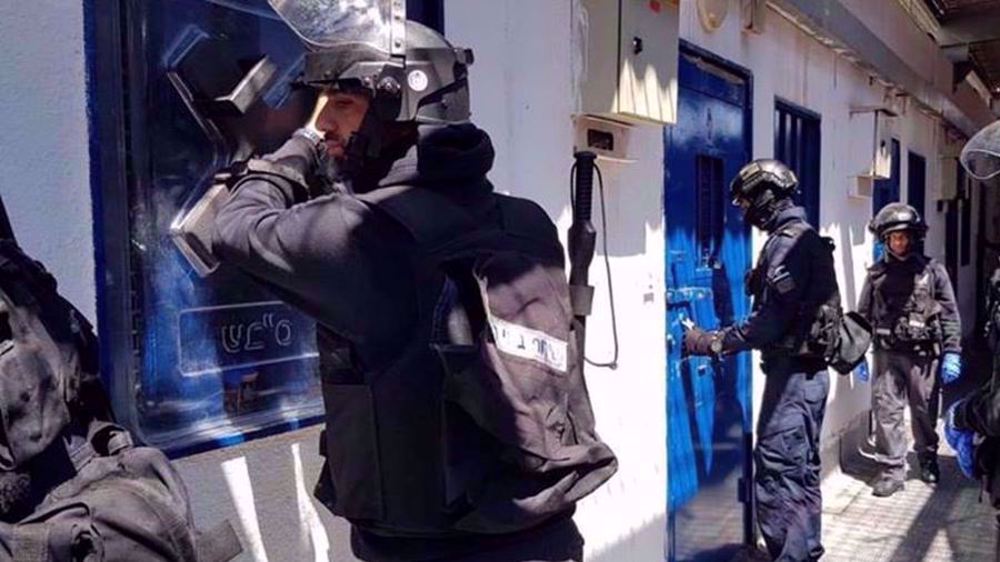
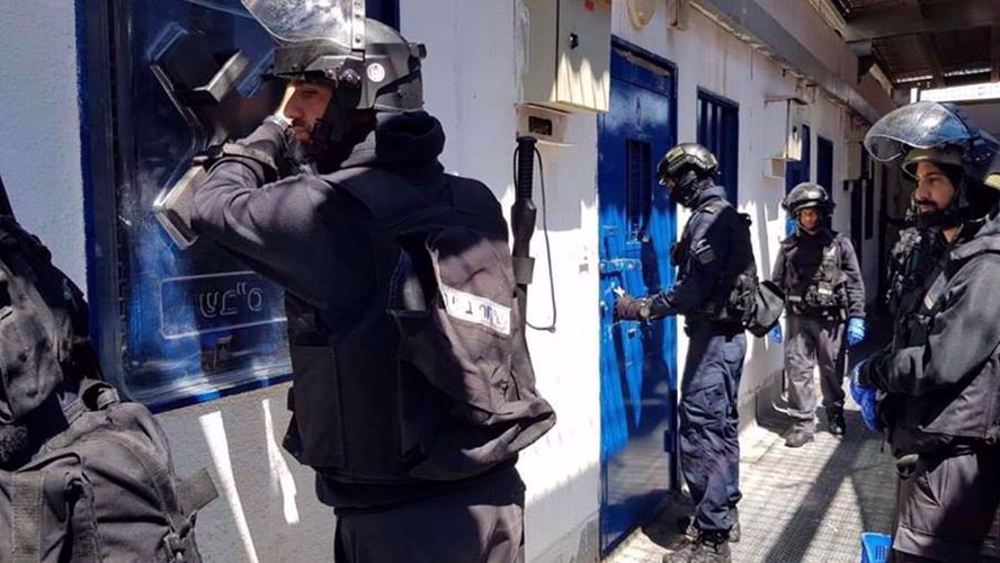

 This makes it easy to access the Press TV website
This makes it easy to access the Press TV website